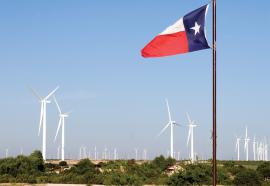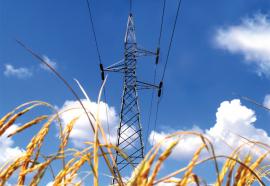Building the Next Generation Utility
Fundamental changes require bold strategies.
While many utilities have embarked upon efforts to define a path toward the next generation utility, these efforts often are siloed initiatives driven by the generation, transmission and distribution (T&D) or customer segments of the organization. Addressing the upcoming challenge will require a coordinated and integrated set of decisions so as not to sub-optimize the end-to-end value chain. Eight critical themes across the generation, T&D and customer elements of the value chain will shape the future of our industry.







